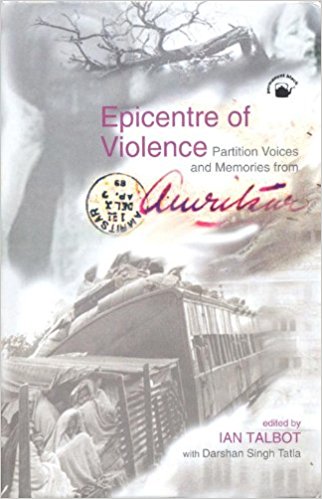This is a book on memory and on ques- tions. On questions that we all know but for which we have inadequate explanations, questions that compellingly address us from within contemporary social sciences in India and from within contemporary history. Talbot and Tatla provide a range of first hand contemporary accounts of Partition survivors from Amritsar, a city that became a major transit camp for refugees from Pakistan during the Partition years, and whose geography enabled a recovery of abducted women. The book carries twenty-five interviews with survivors of Partition violence and an introduction, which places the text within contemporary research on Partition. The interviews are conducted with individuals who speak of their experiences of violence, but also of resettlement and rehabilitation. The latter theme has often been missed in Partition studies and it is to the credit of Talbot and Tatla that they do not censor themes of restitution. The introduction locates the interviews within the broad themes of violence, migration and resettlement and points us to some of the pitfalls in relying on memory as an adequate tool of scholarly analysis.
June 2006, volume 30, No 6

